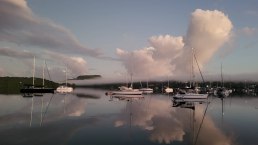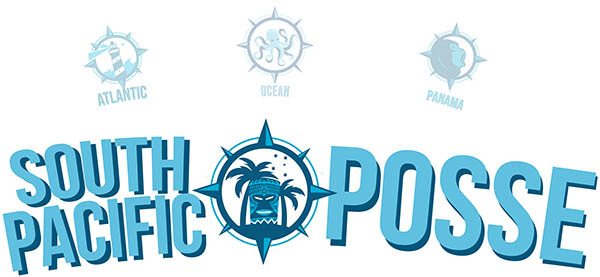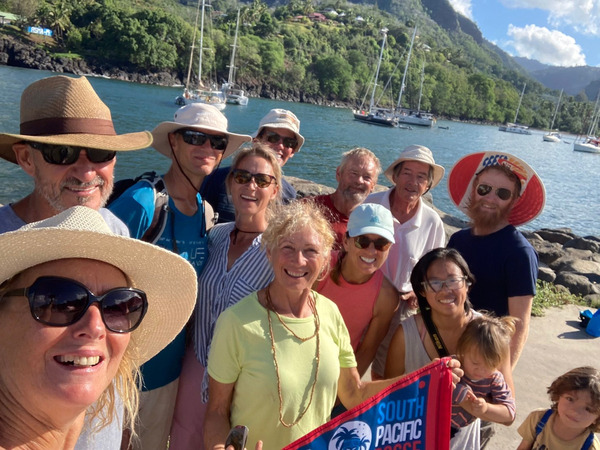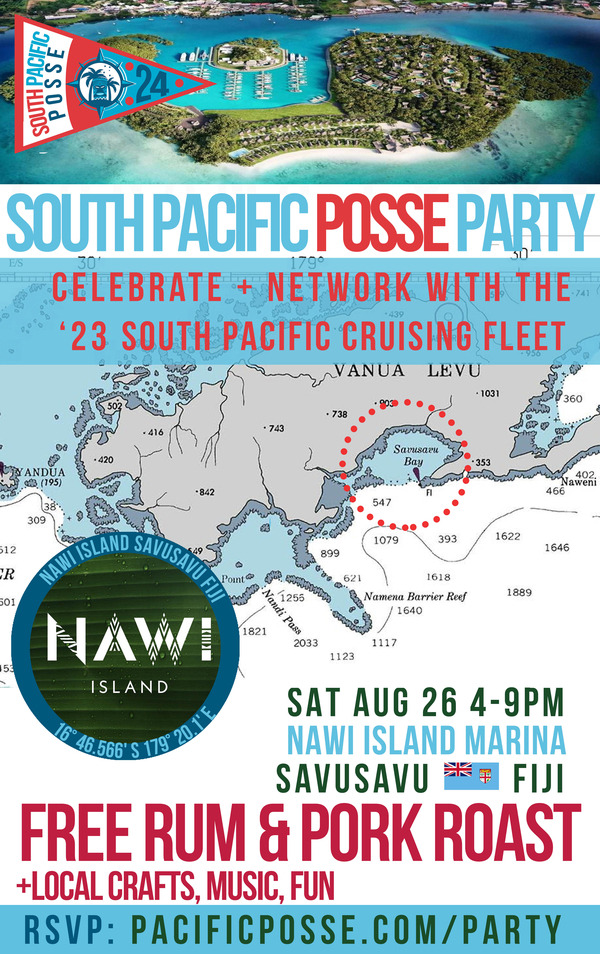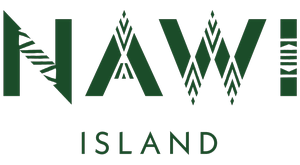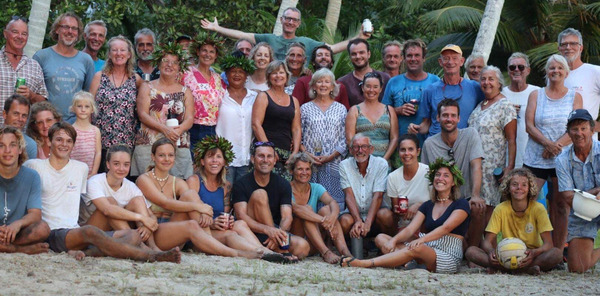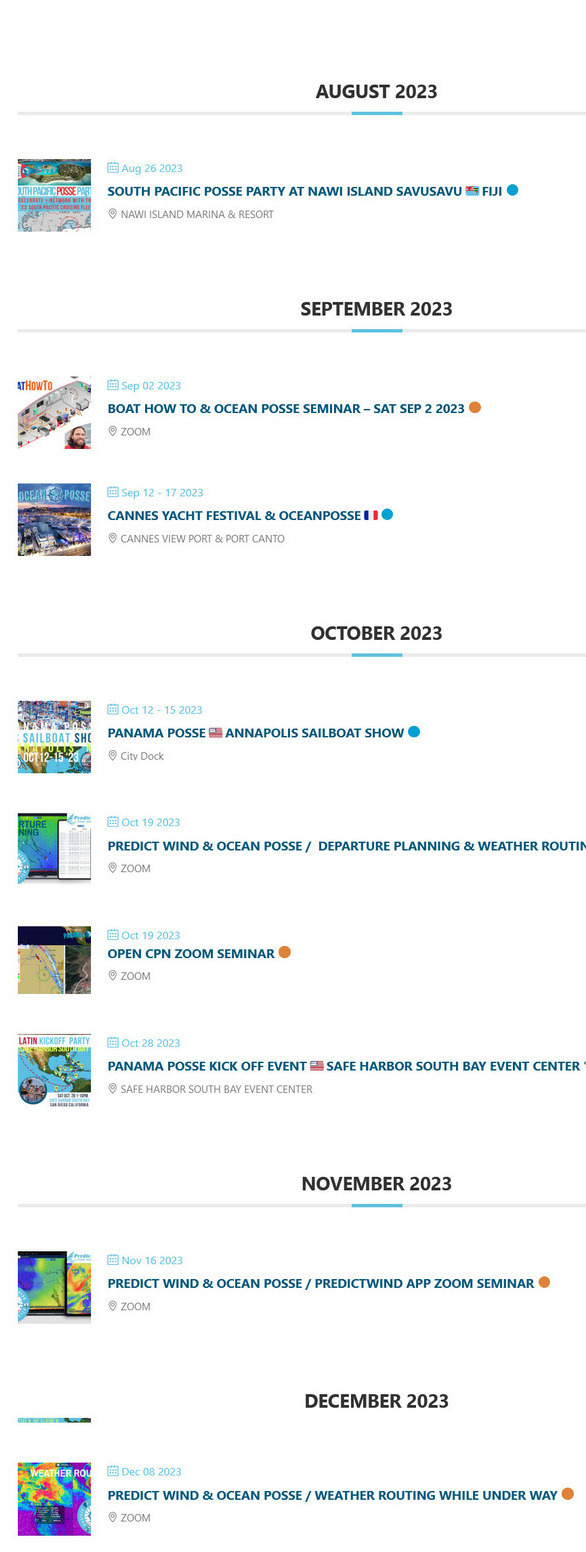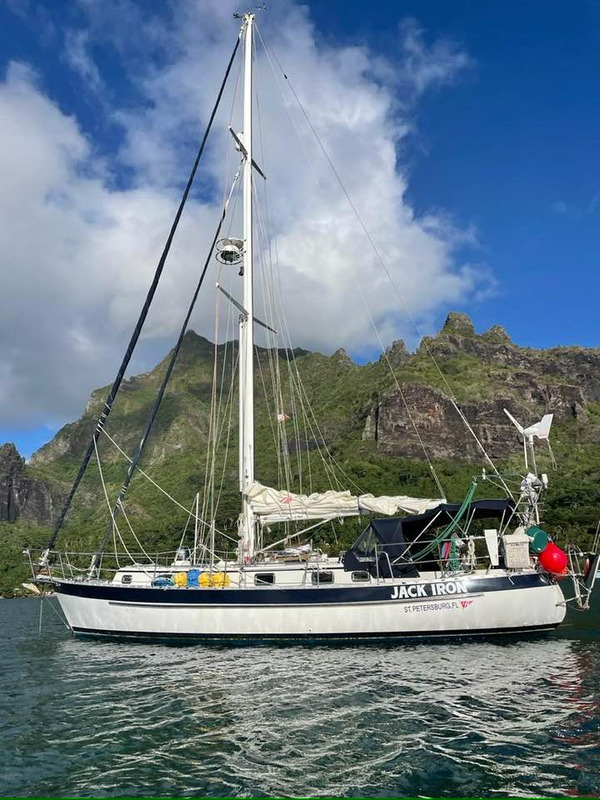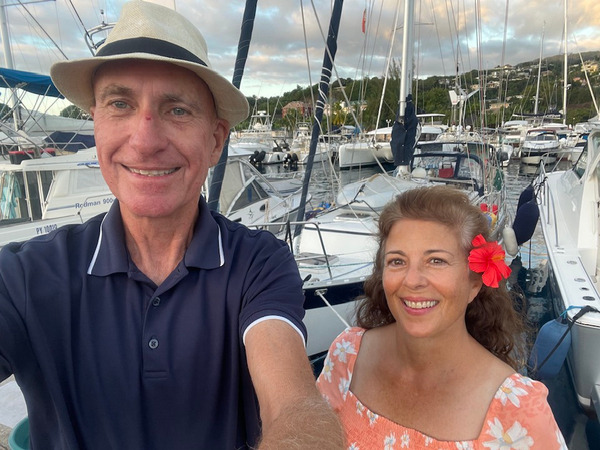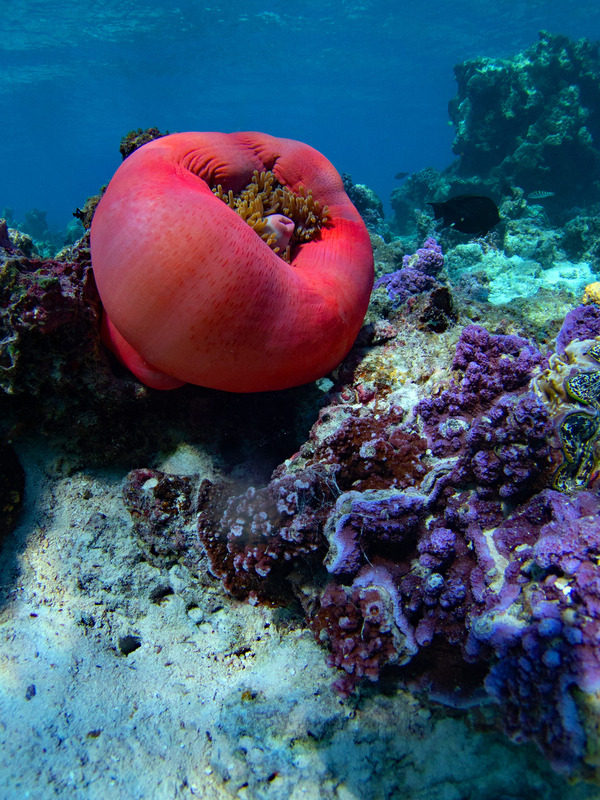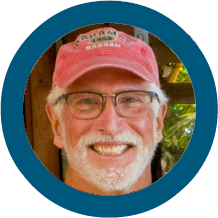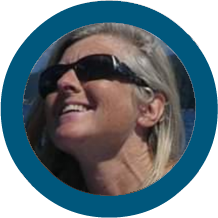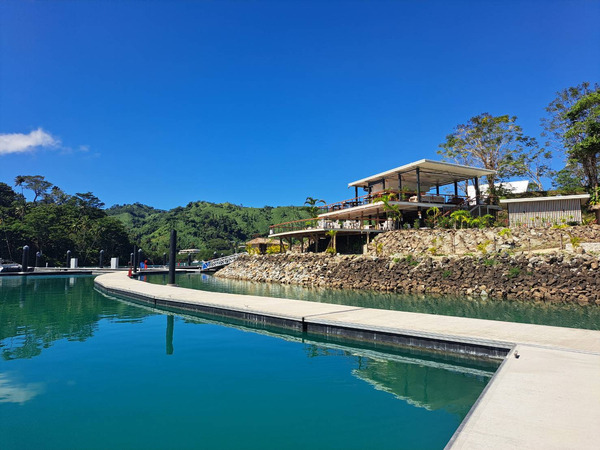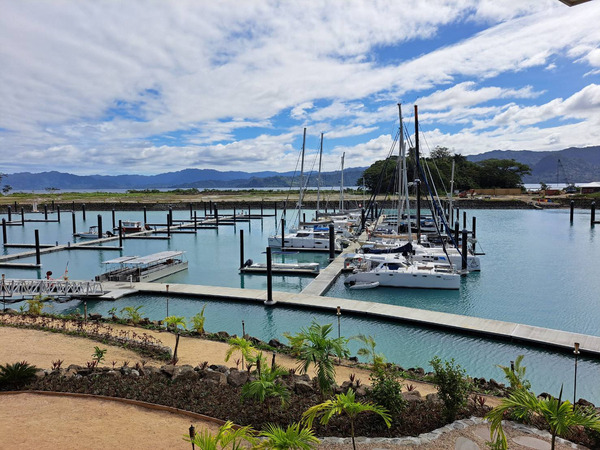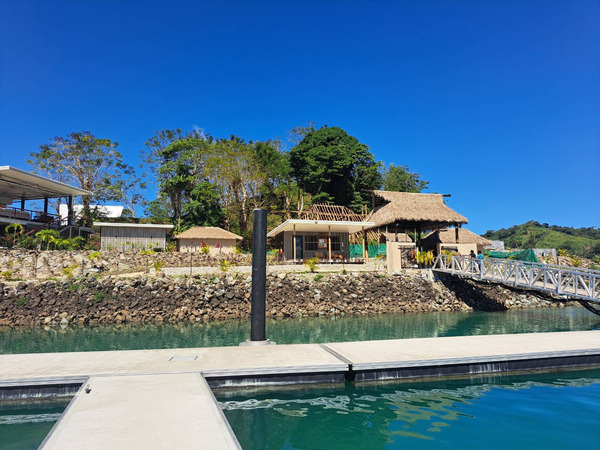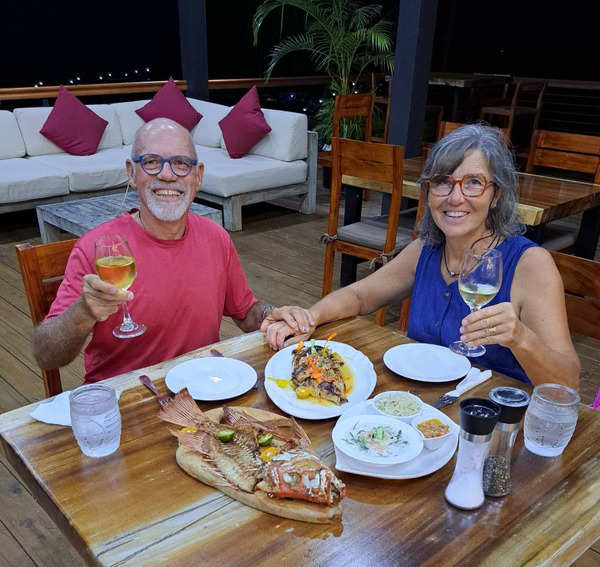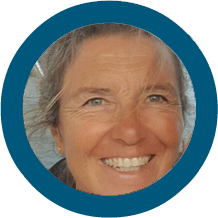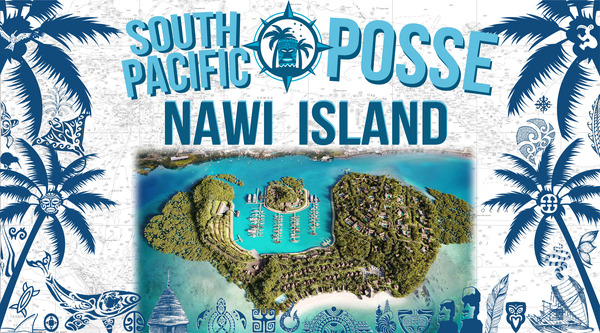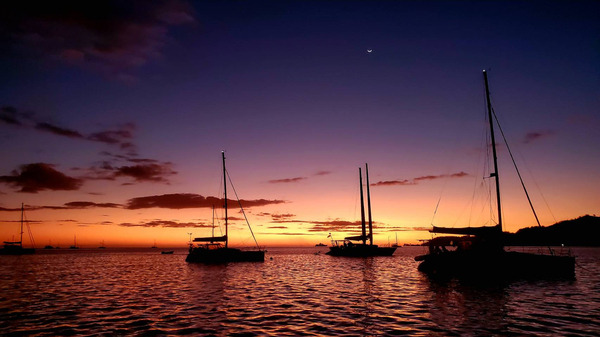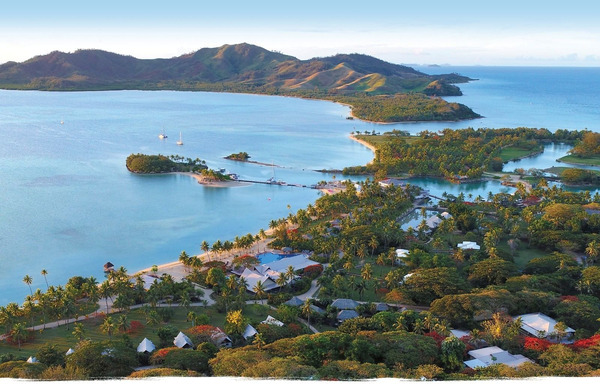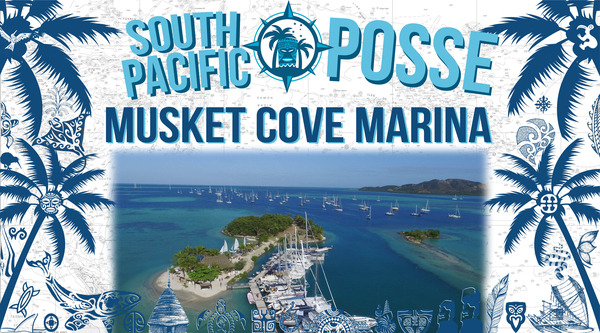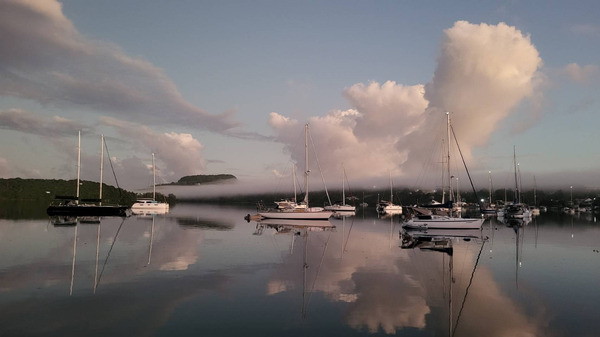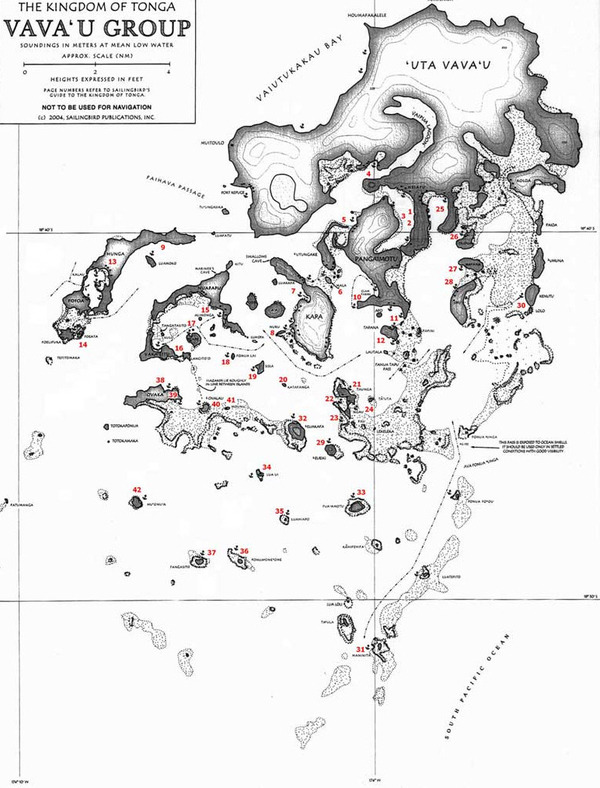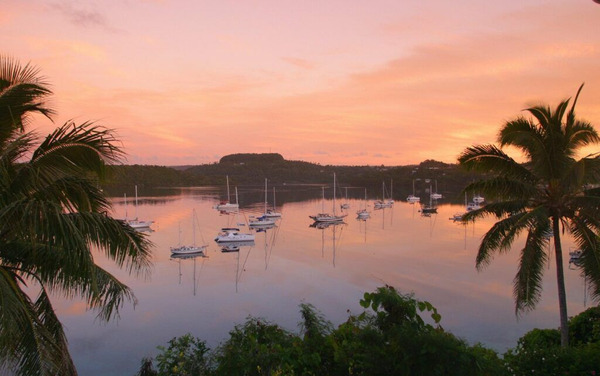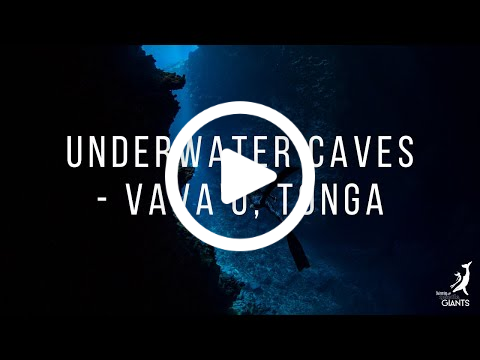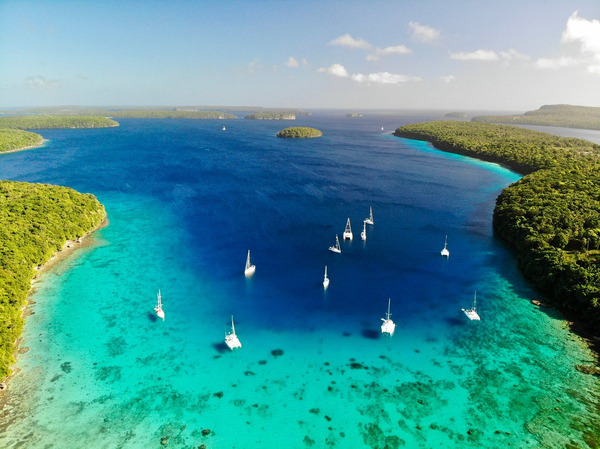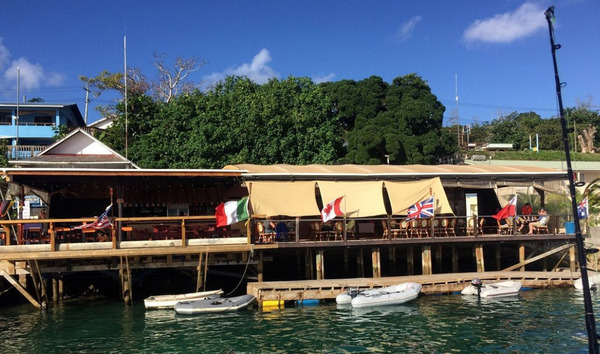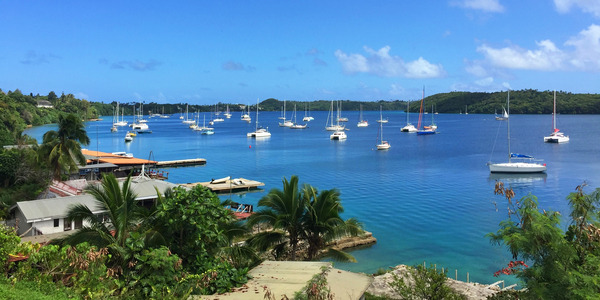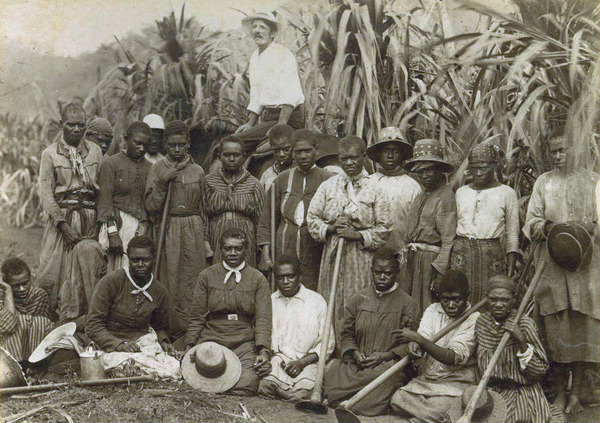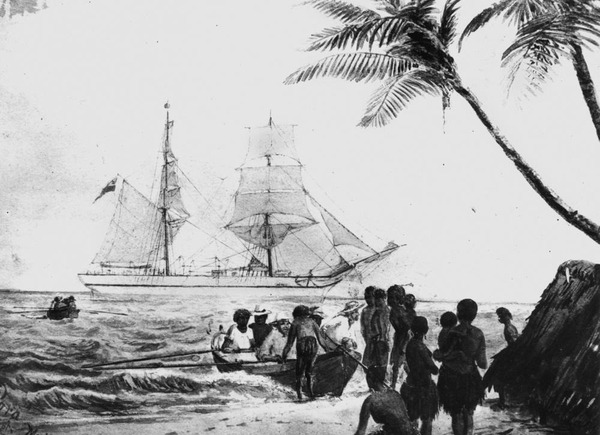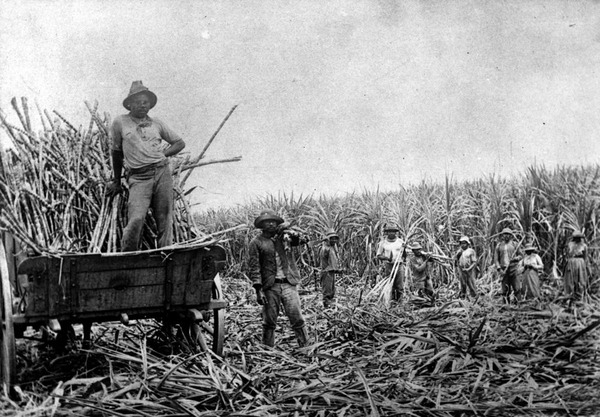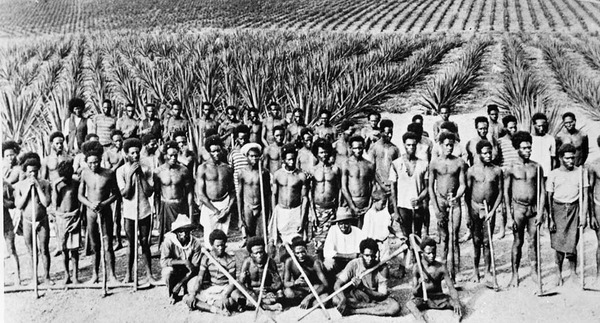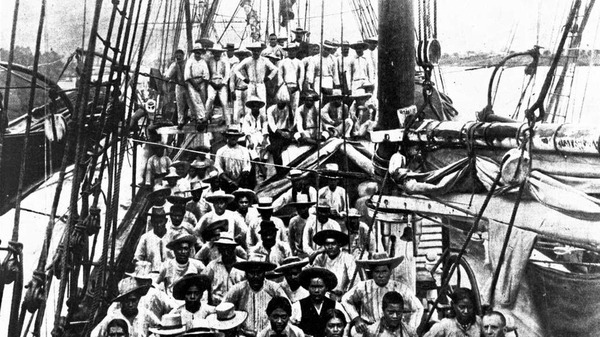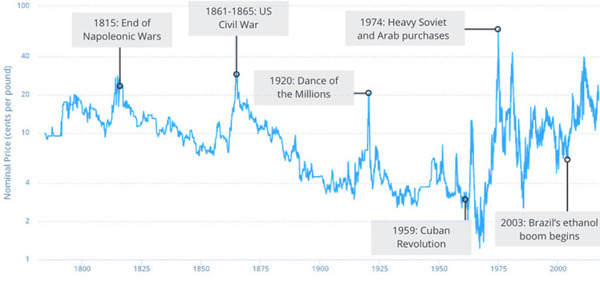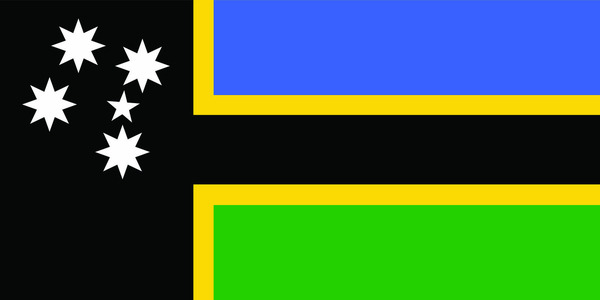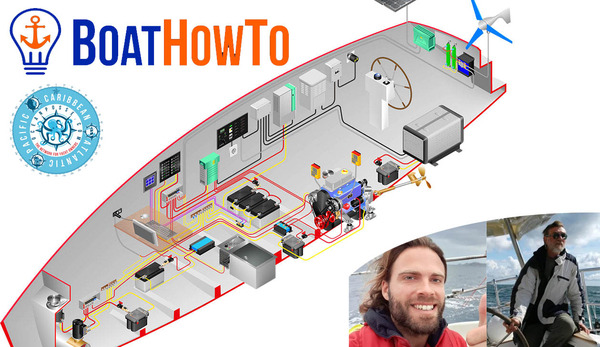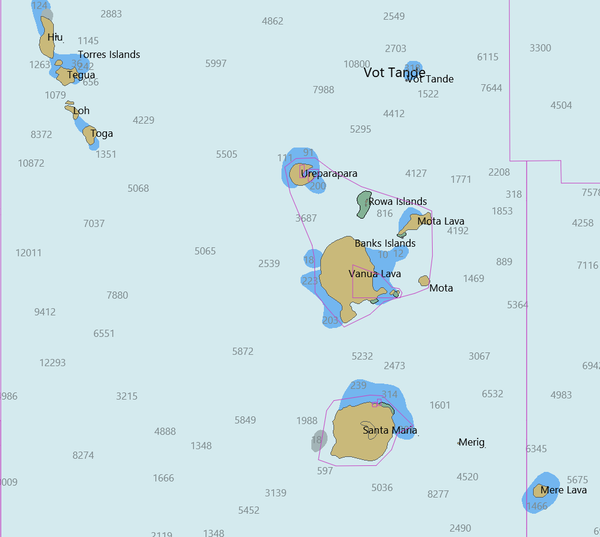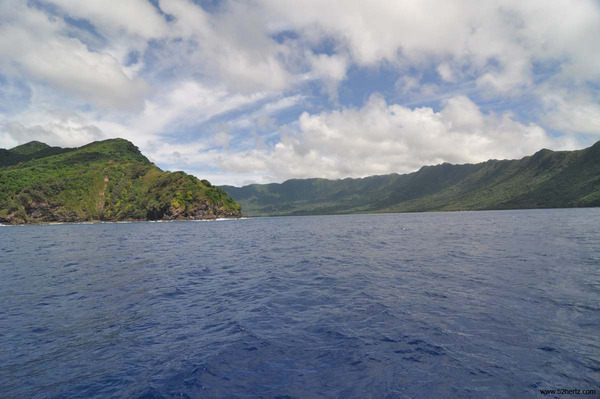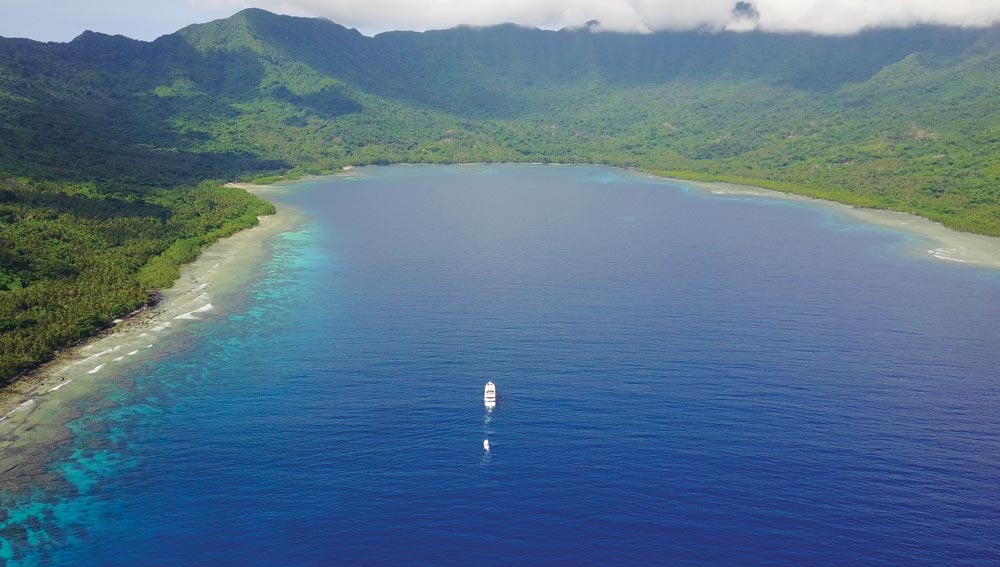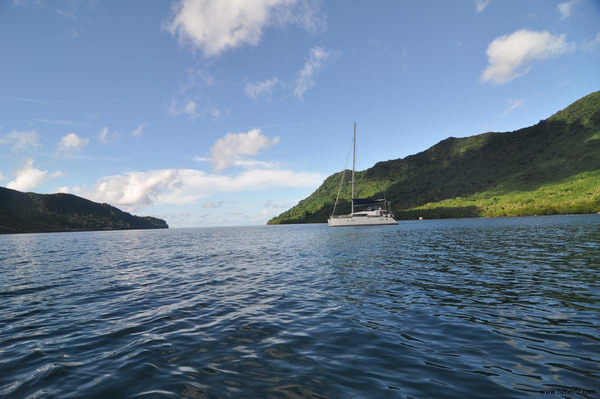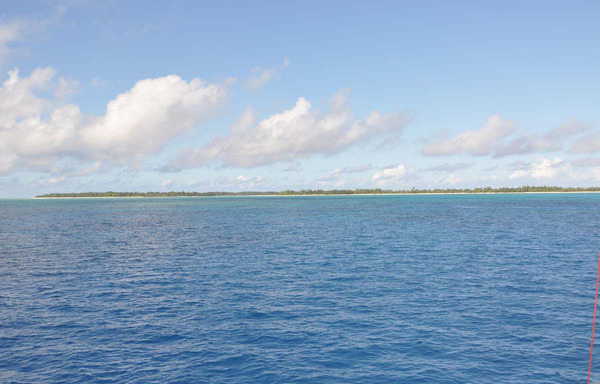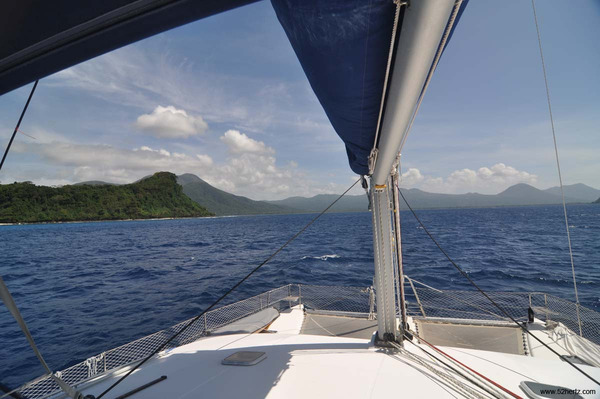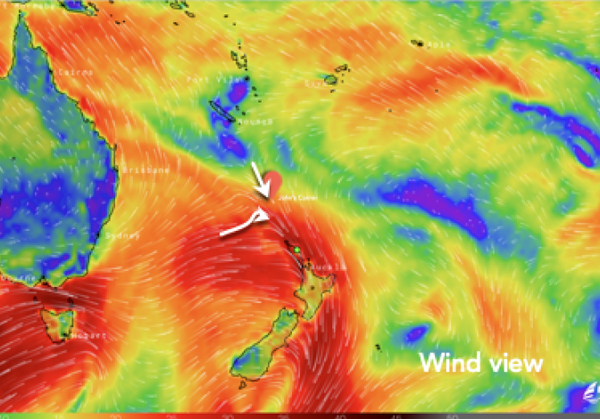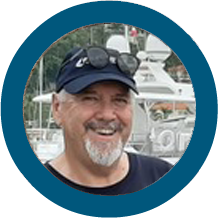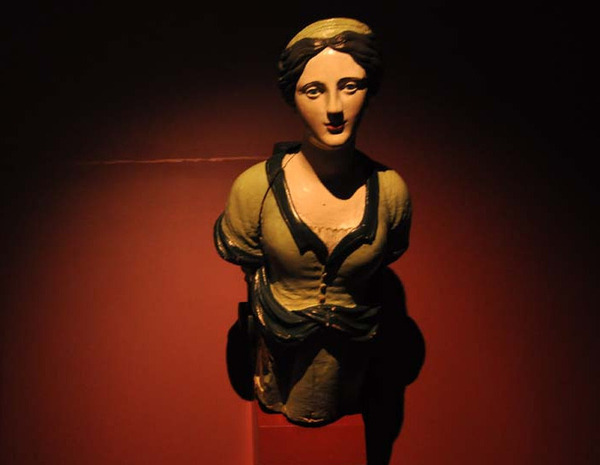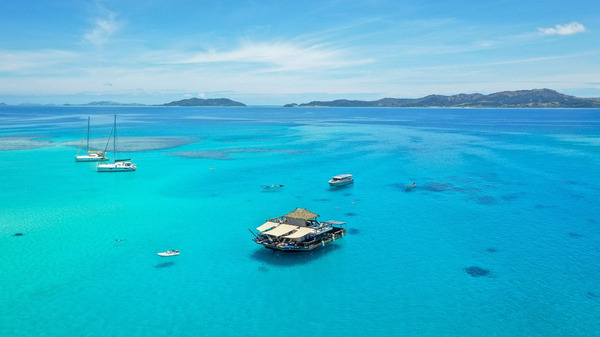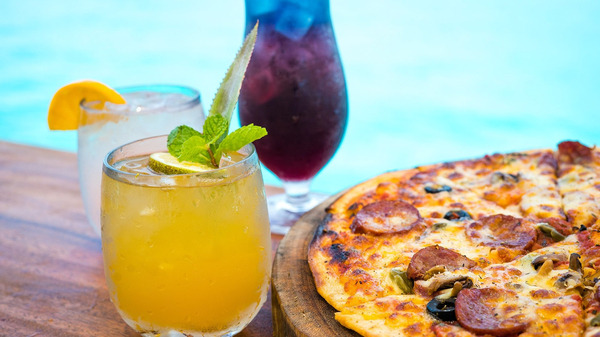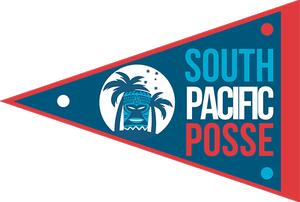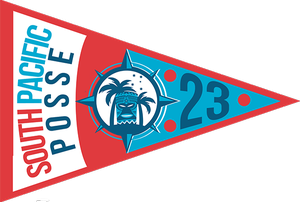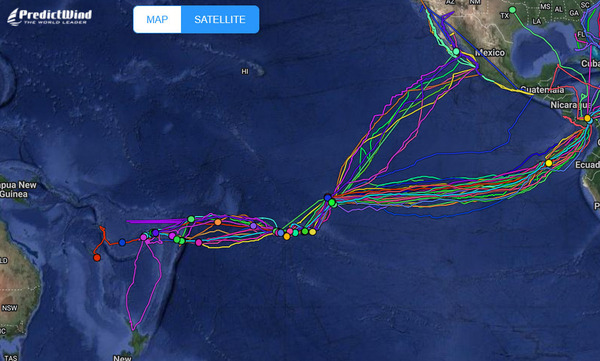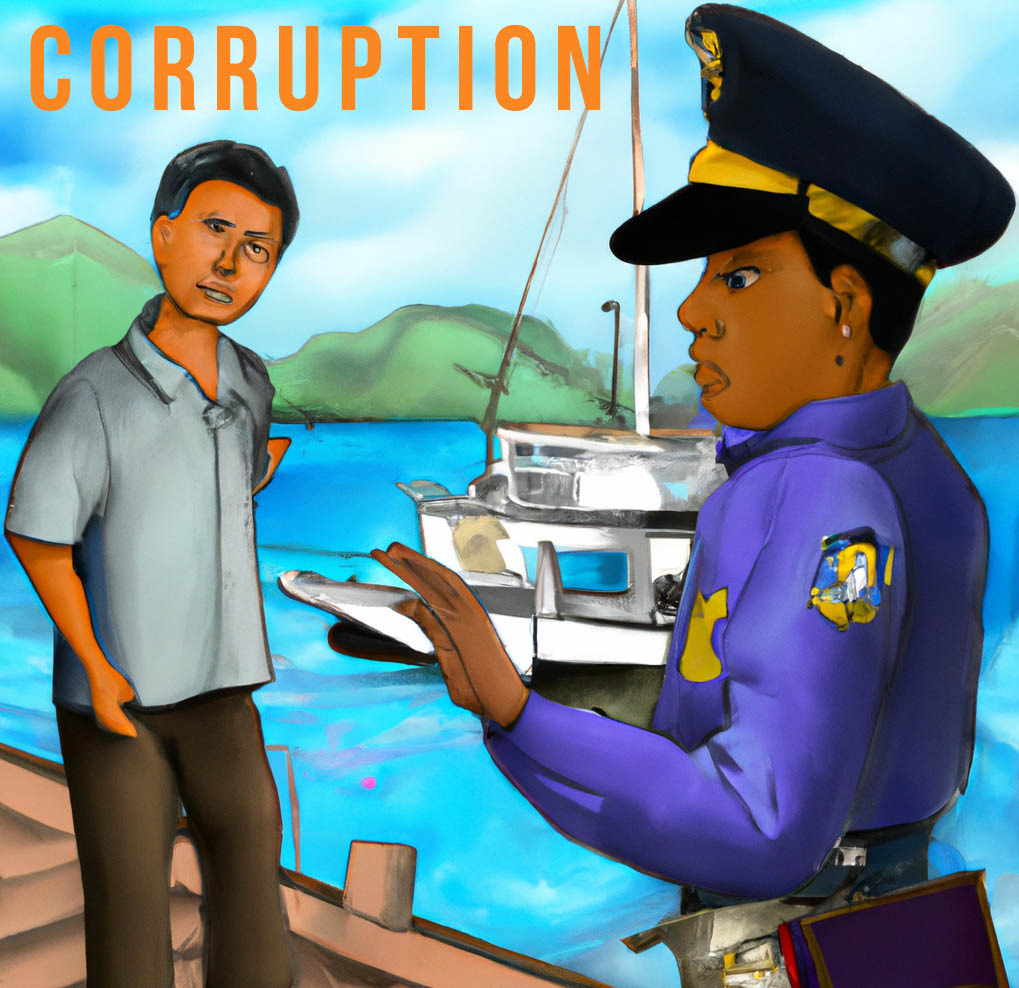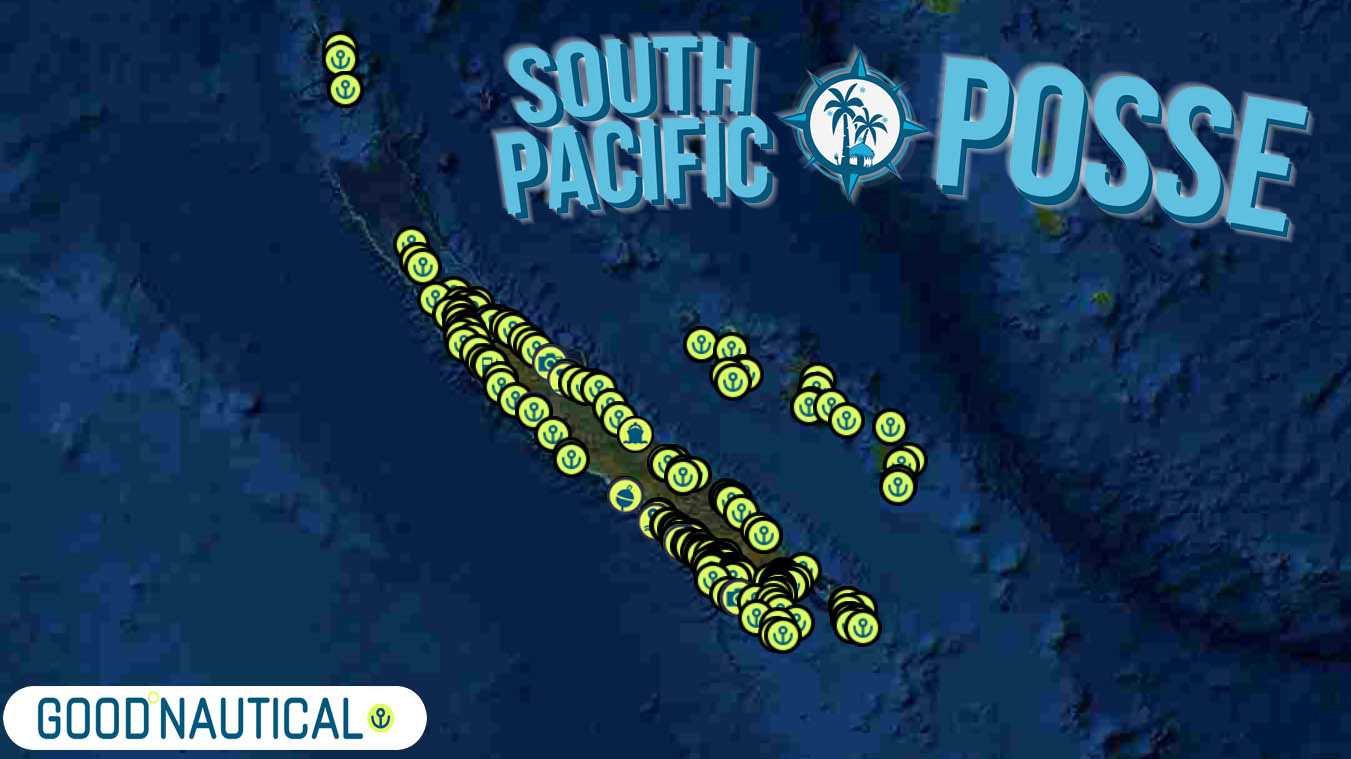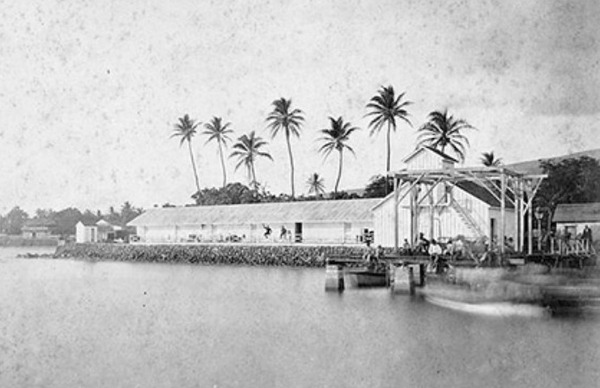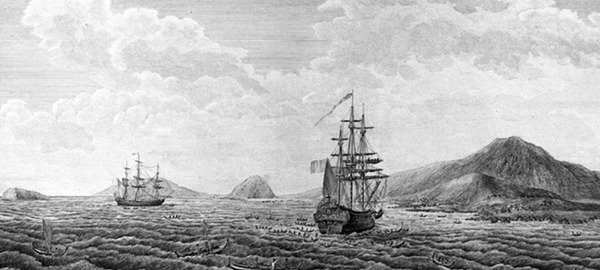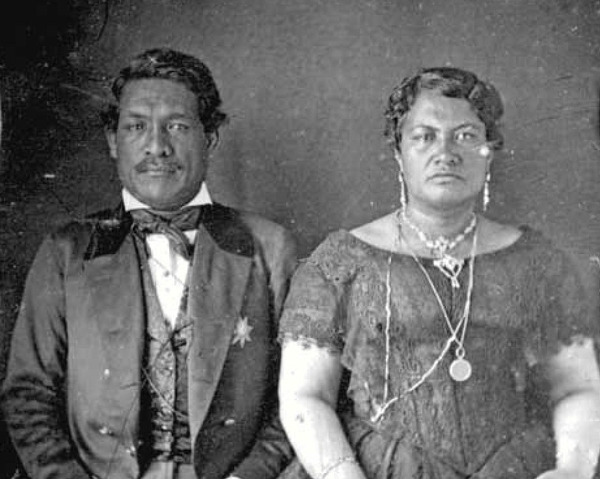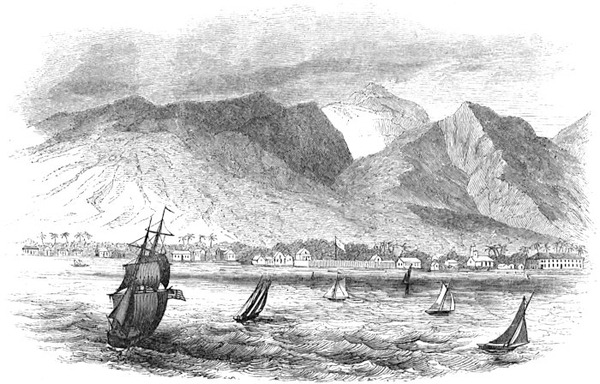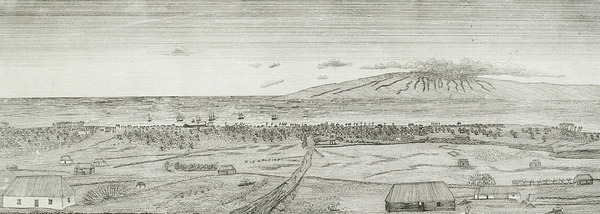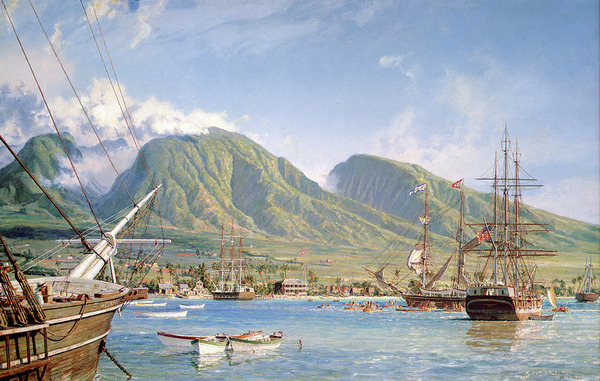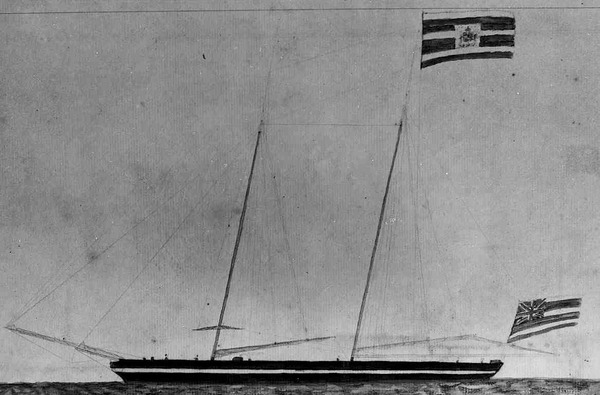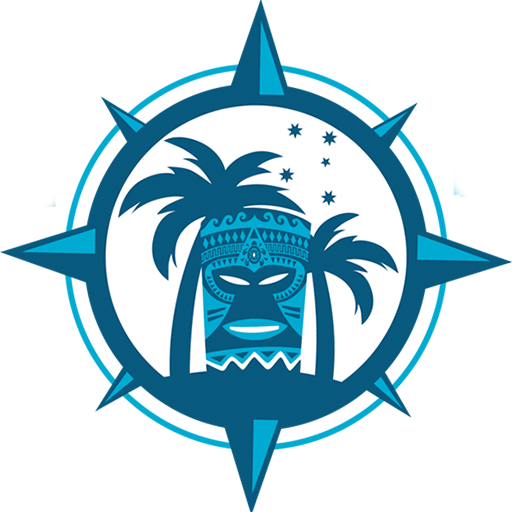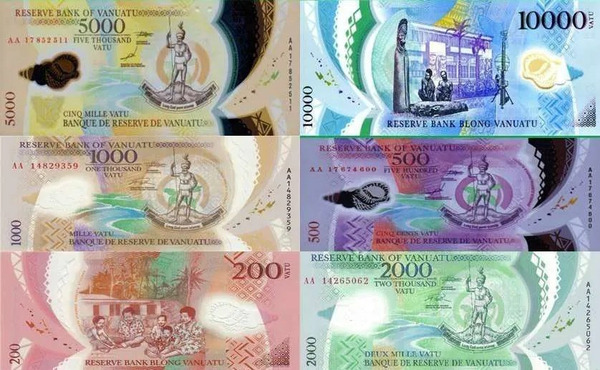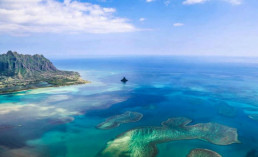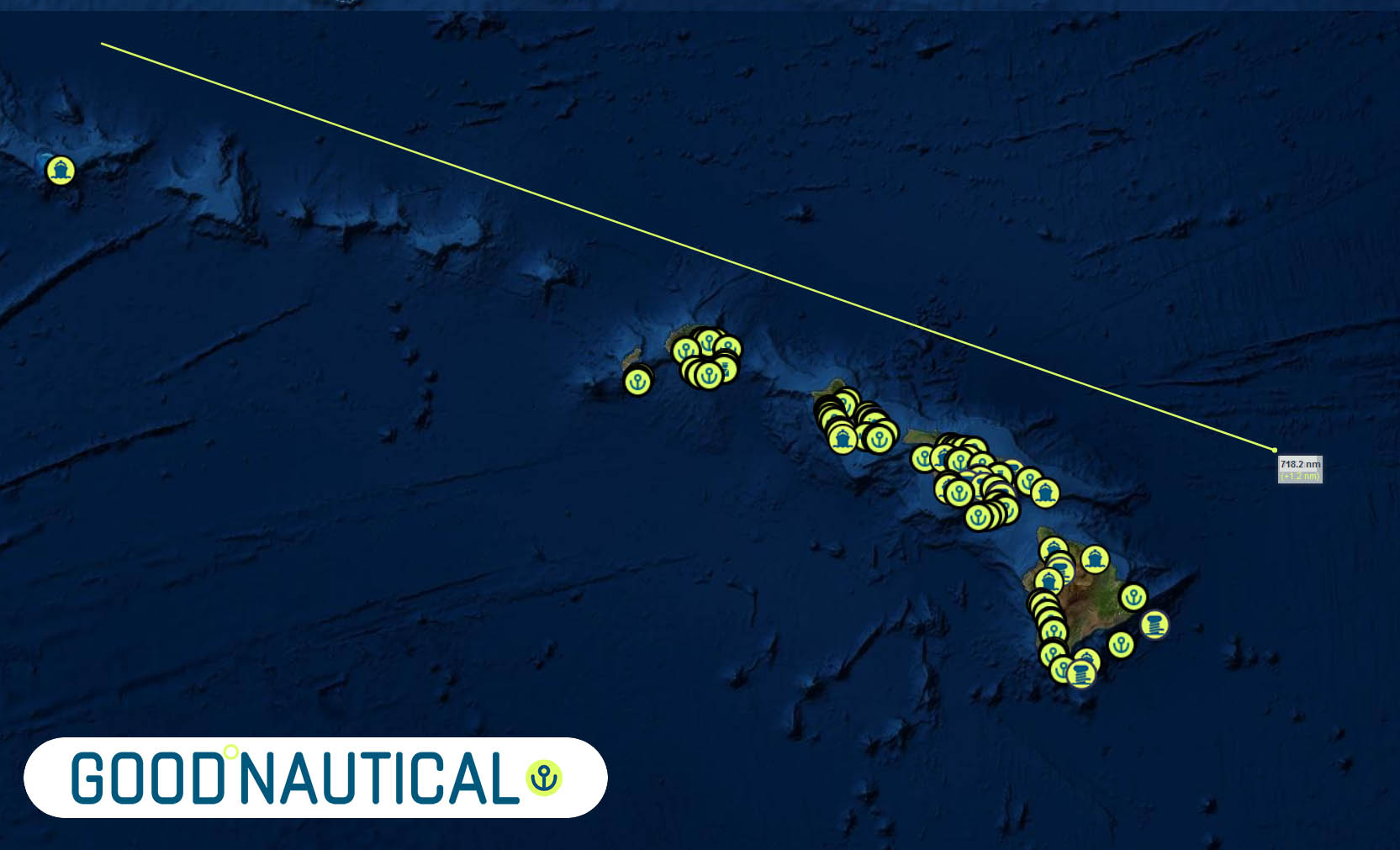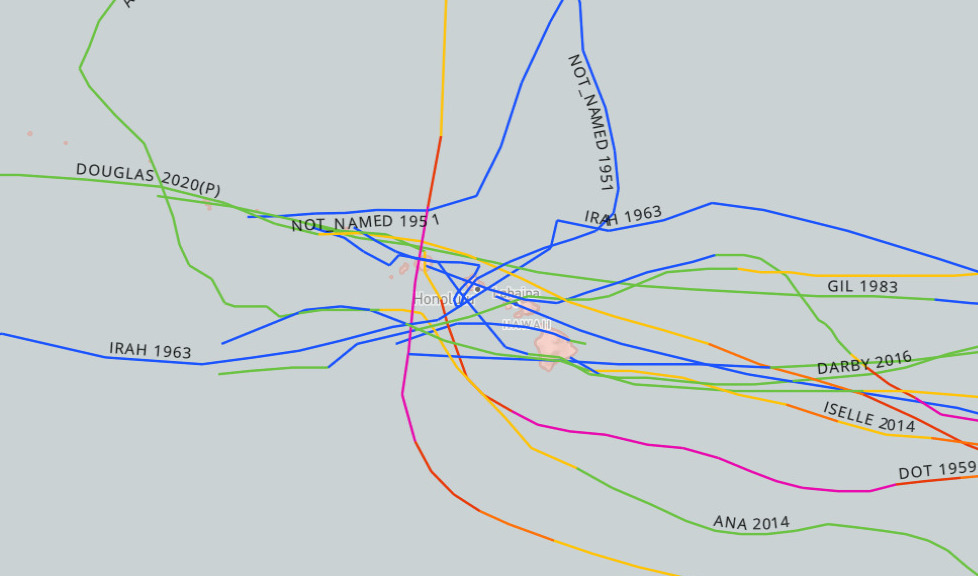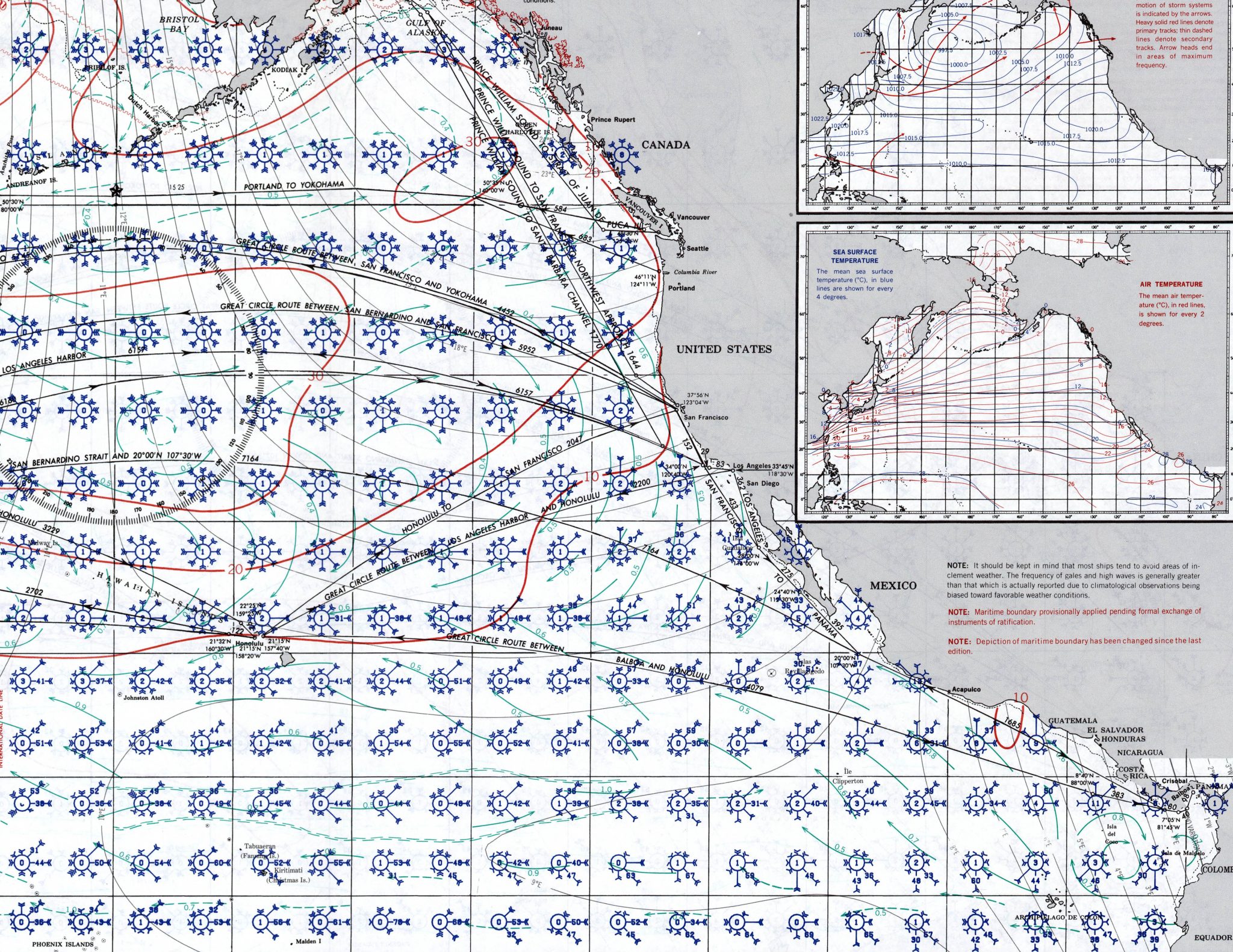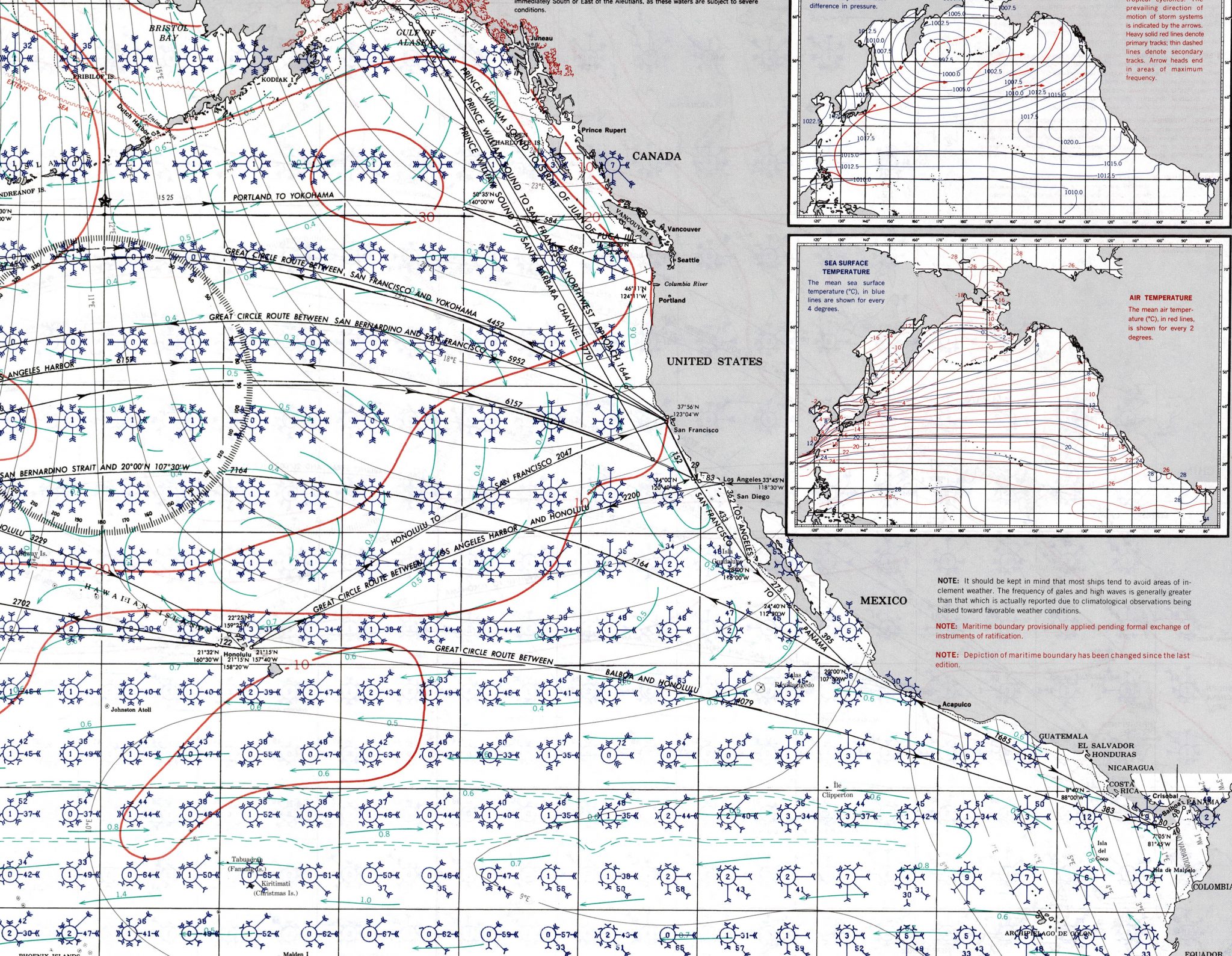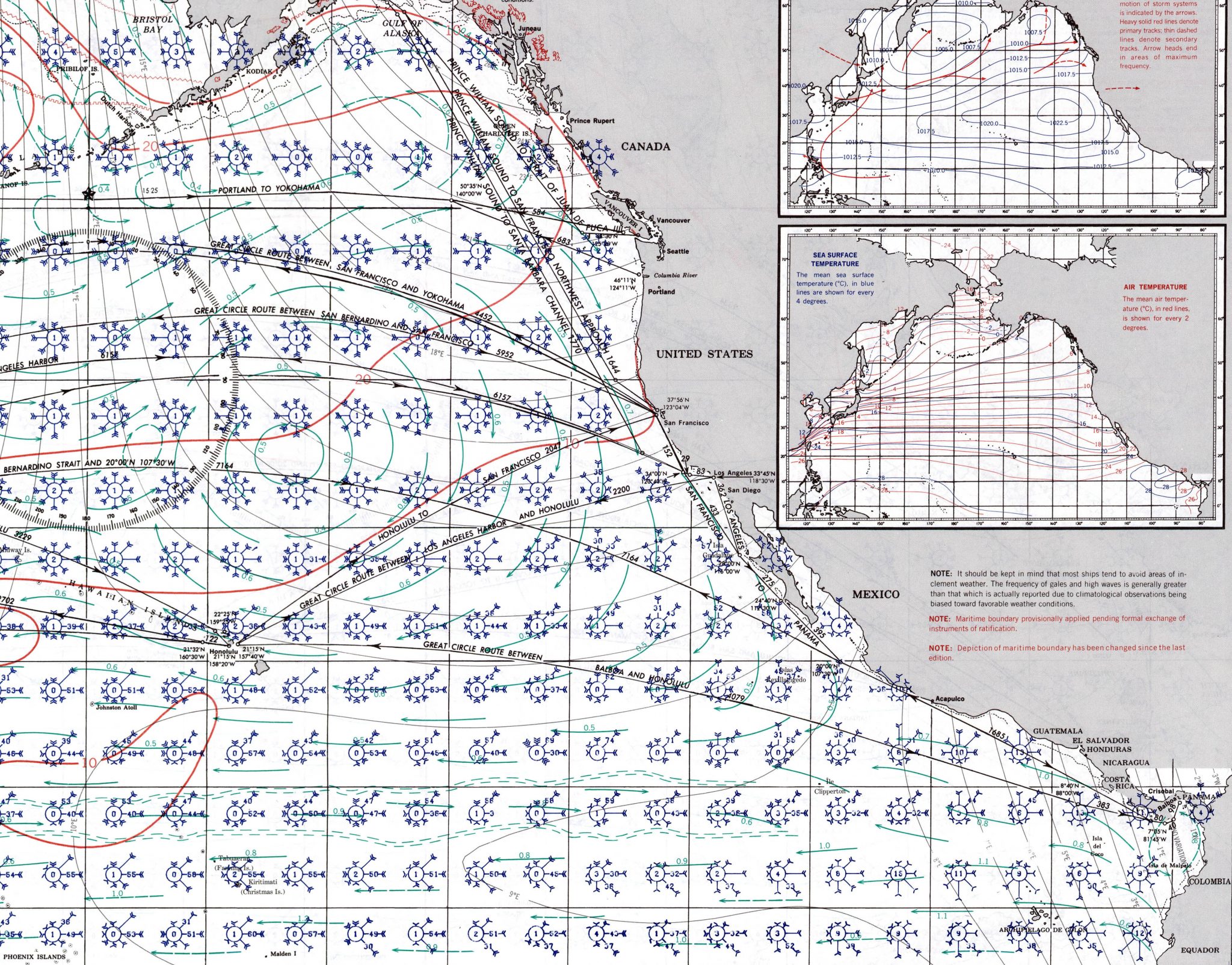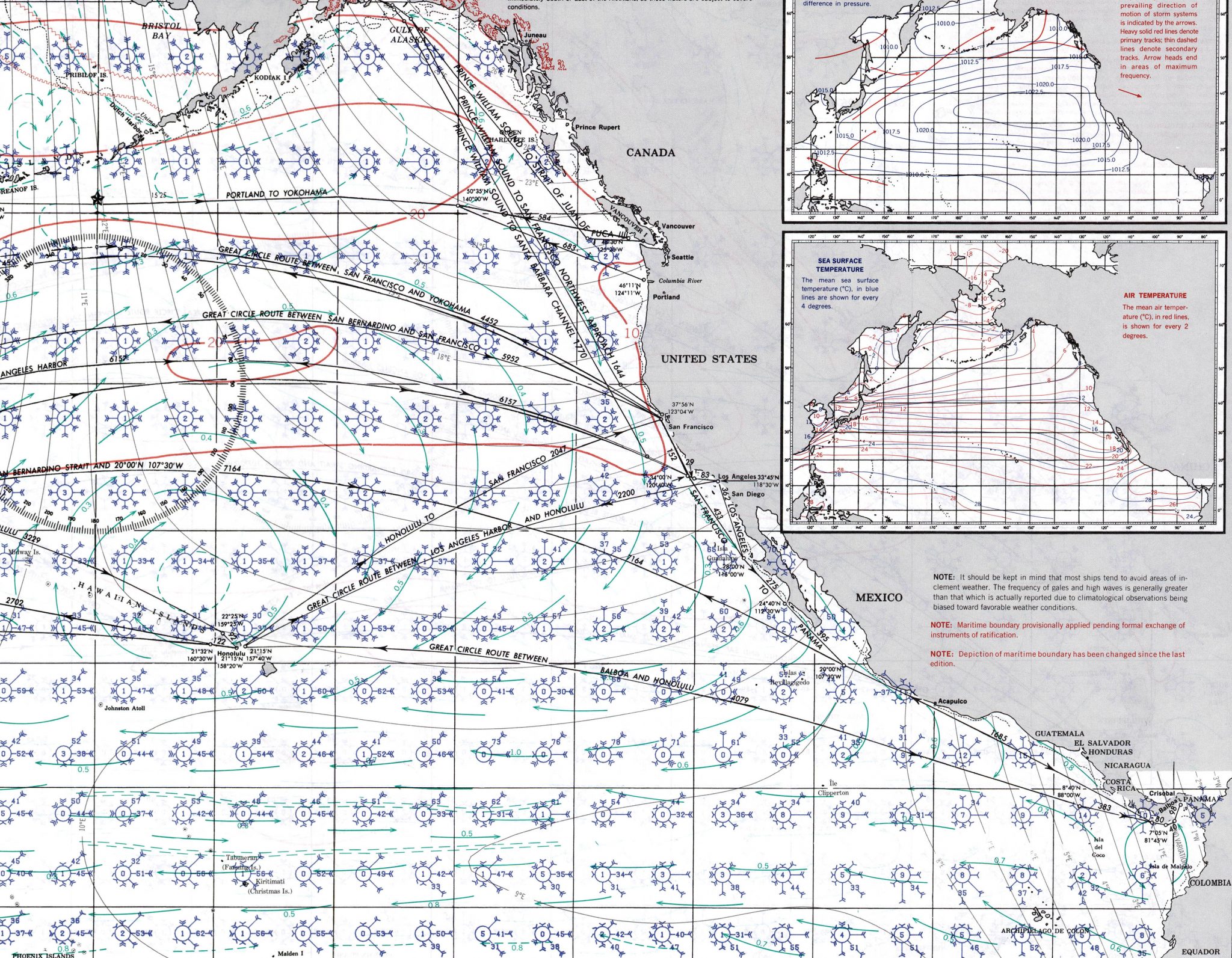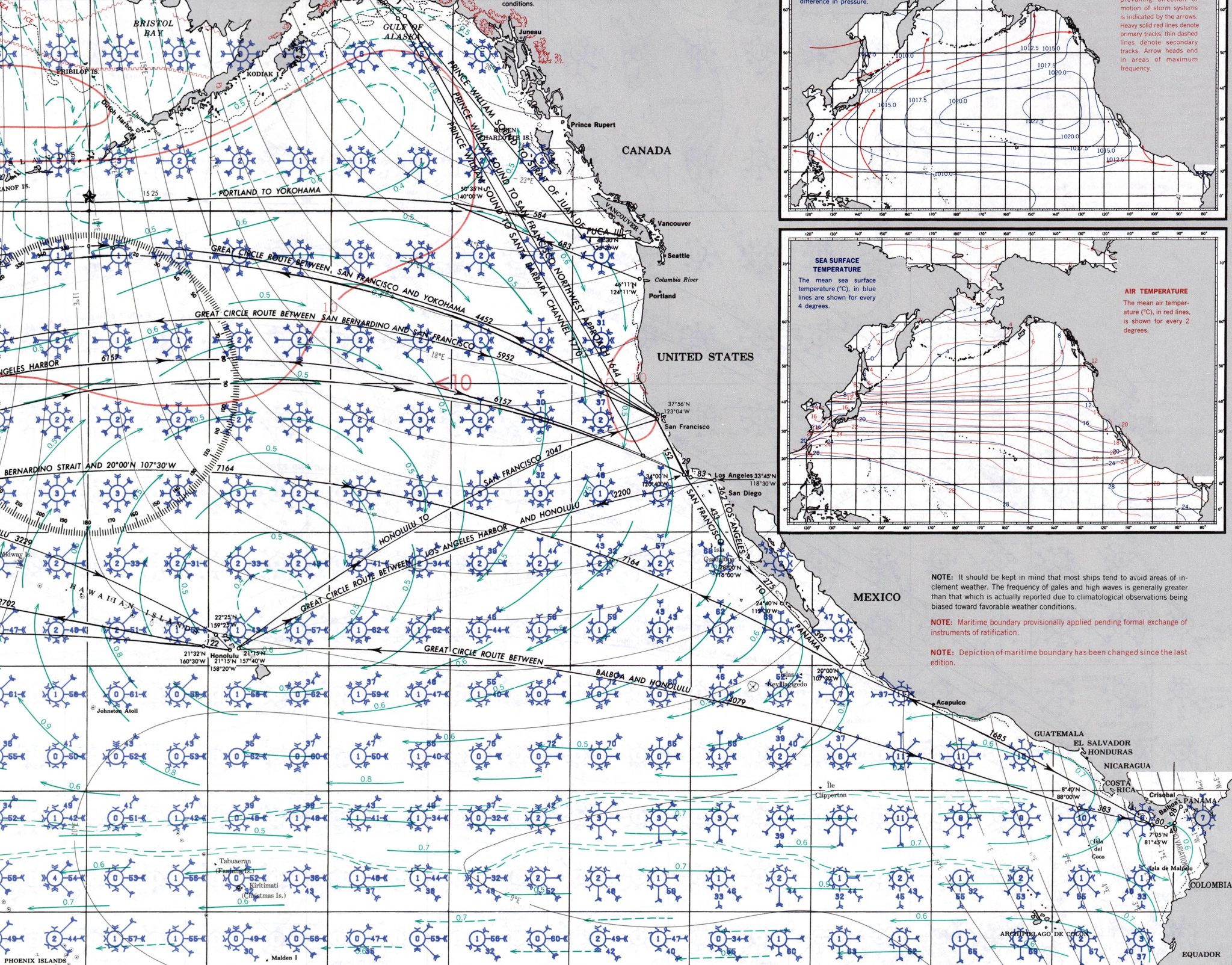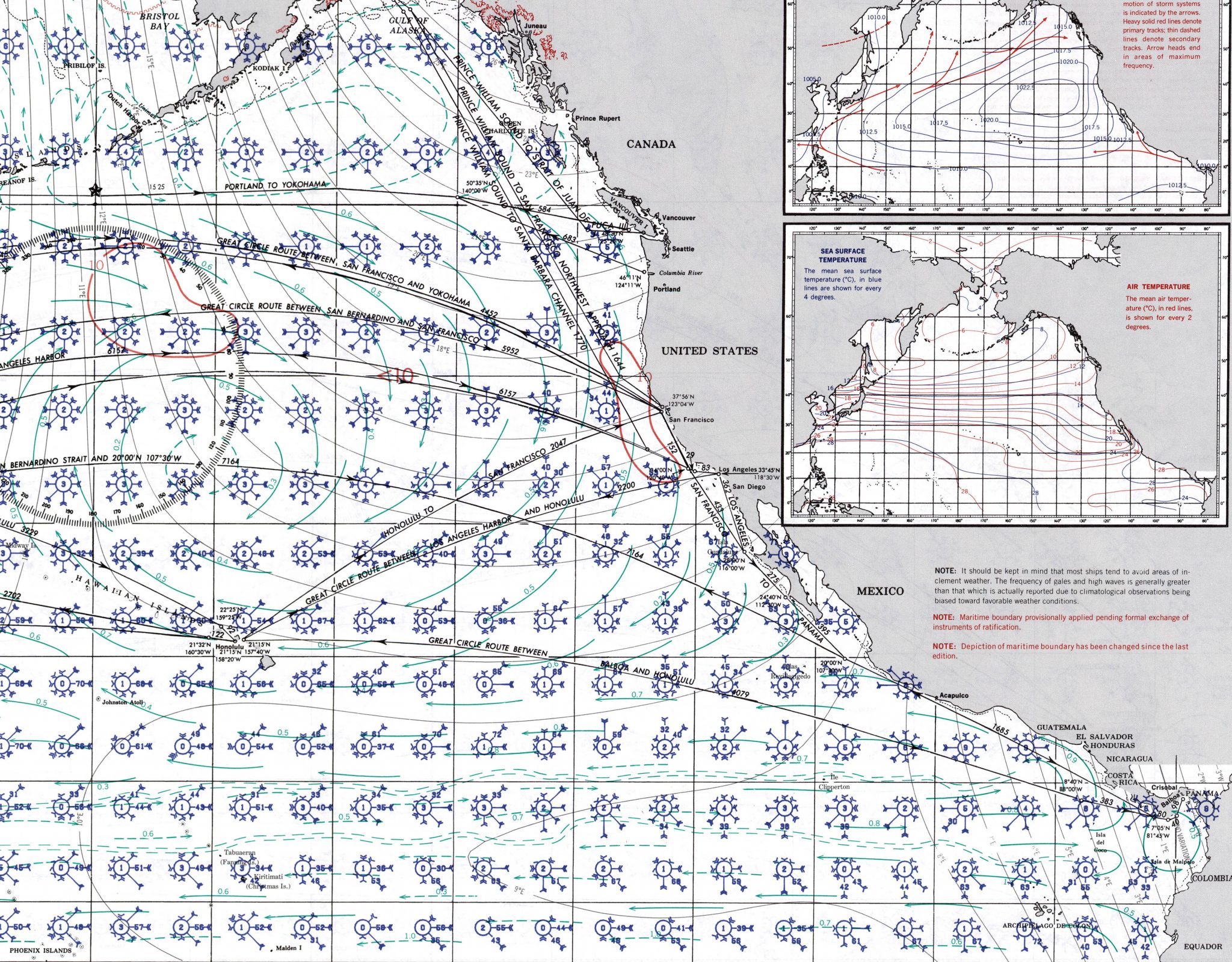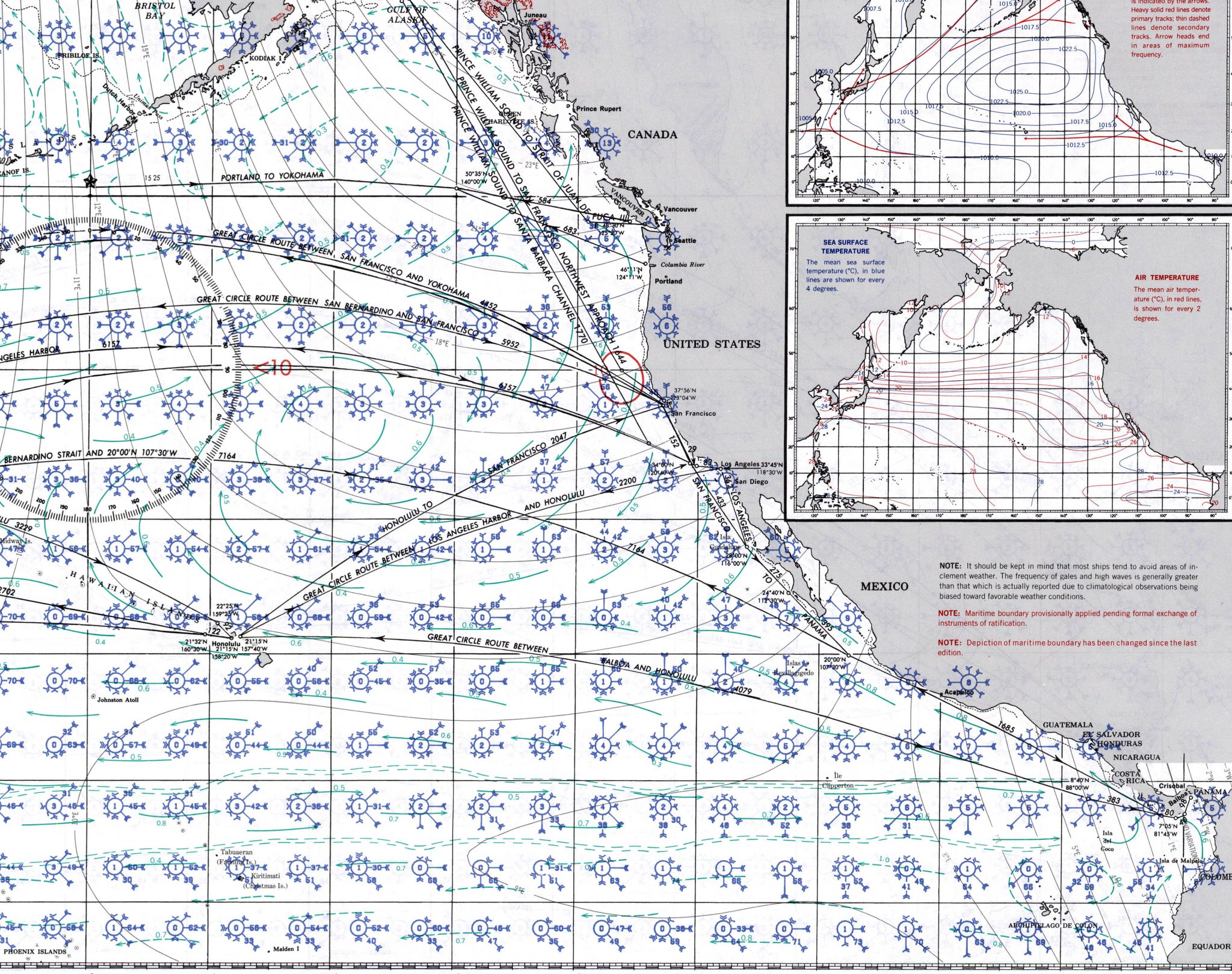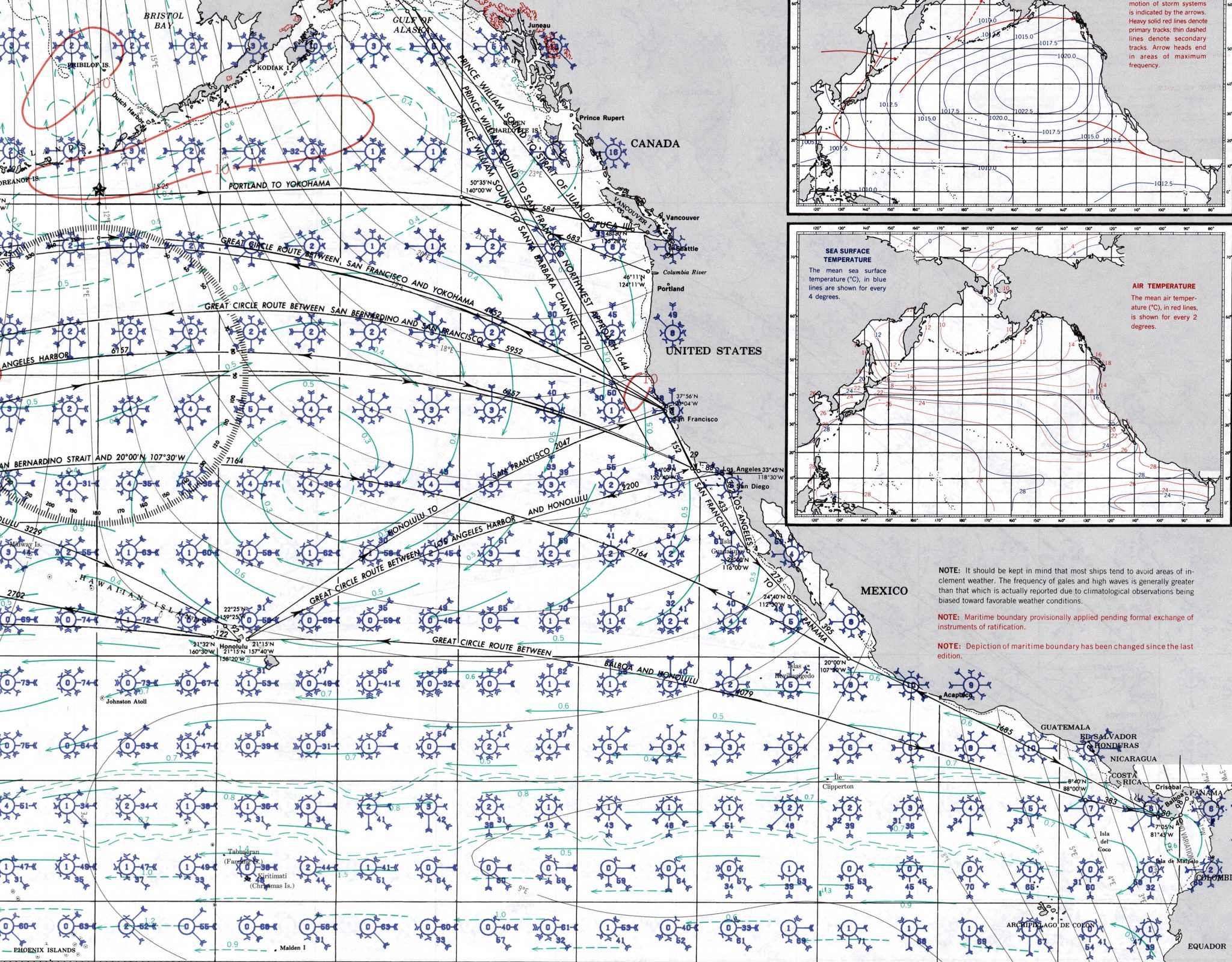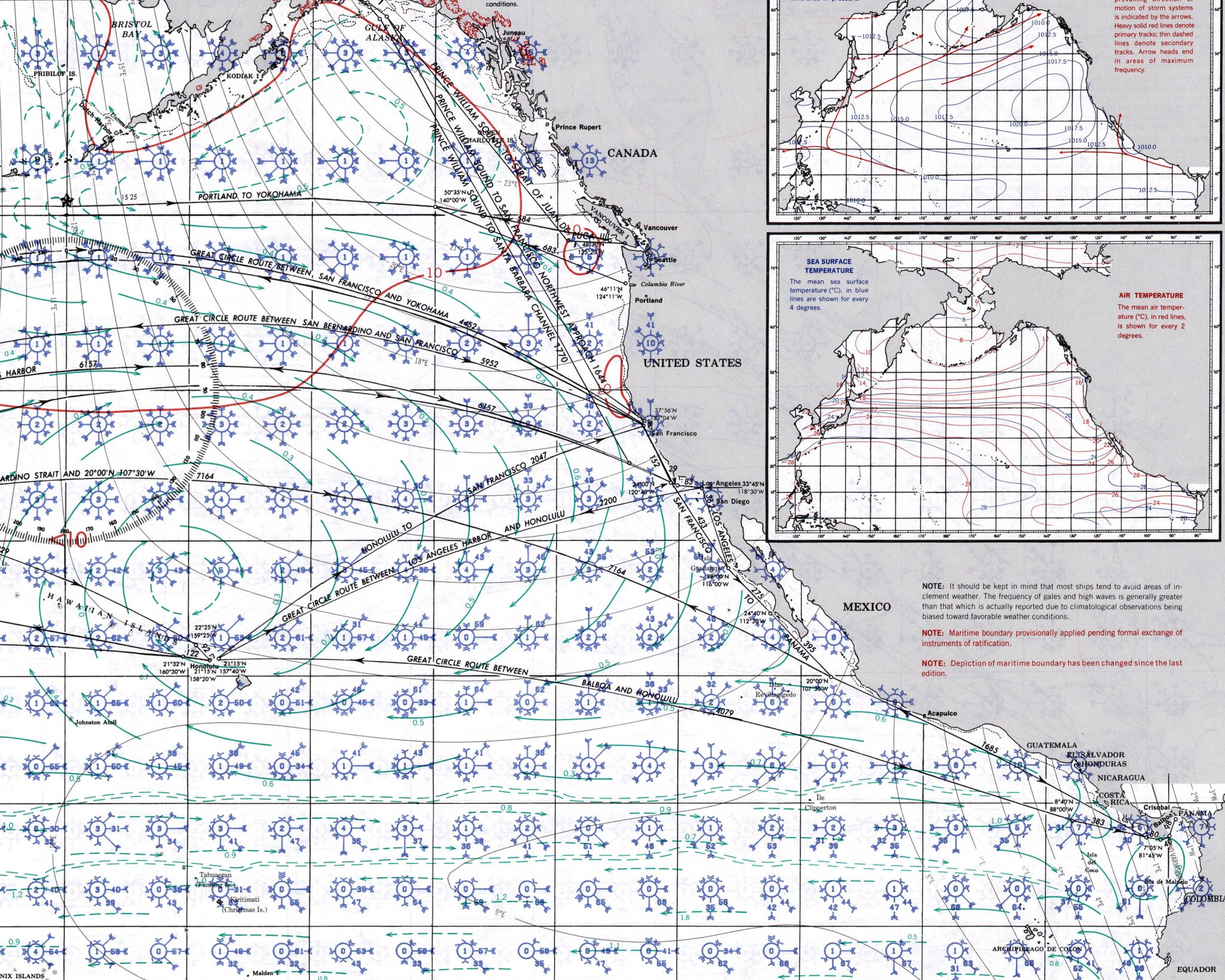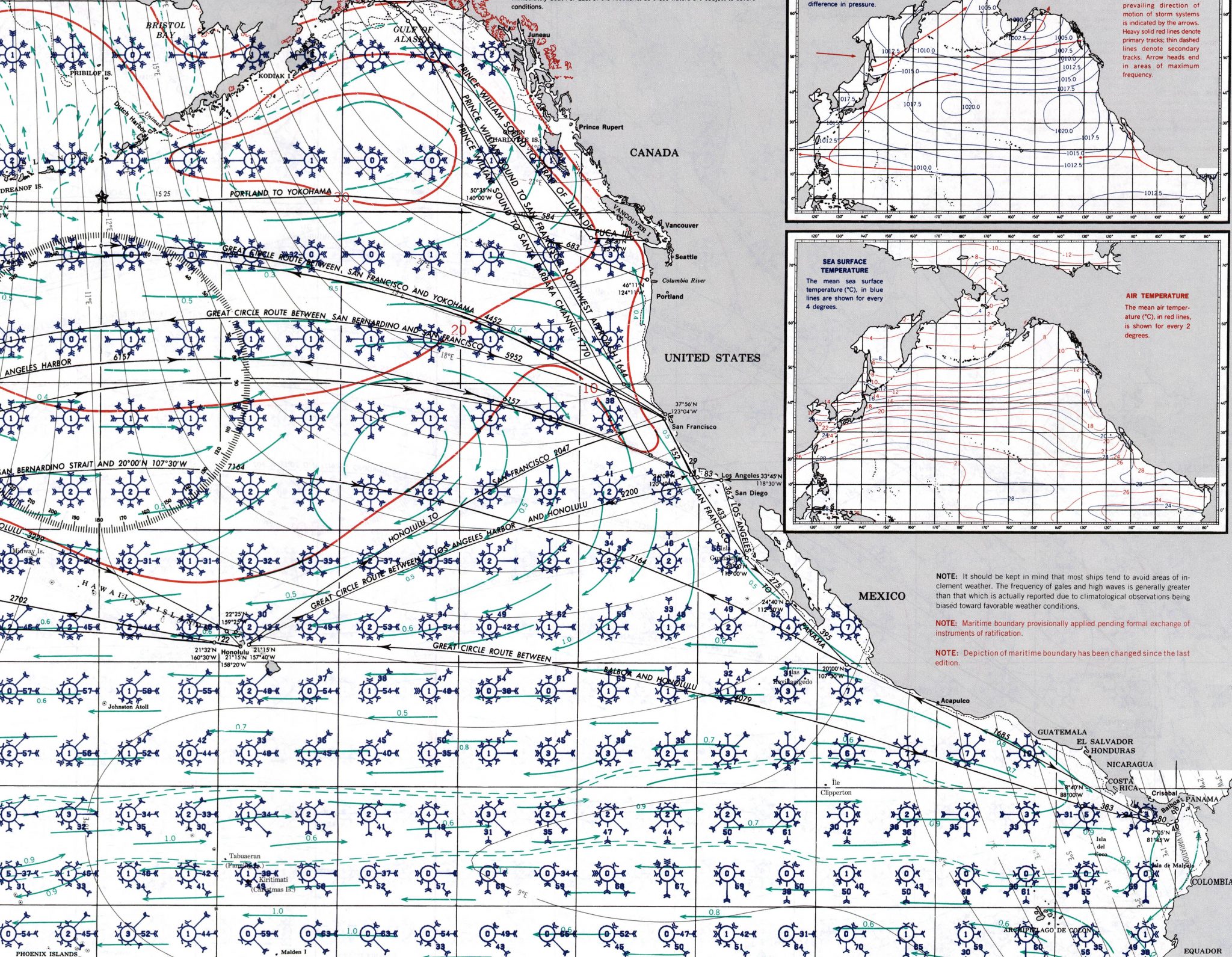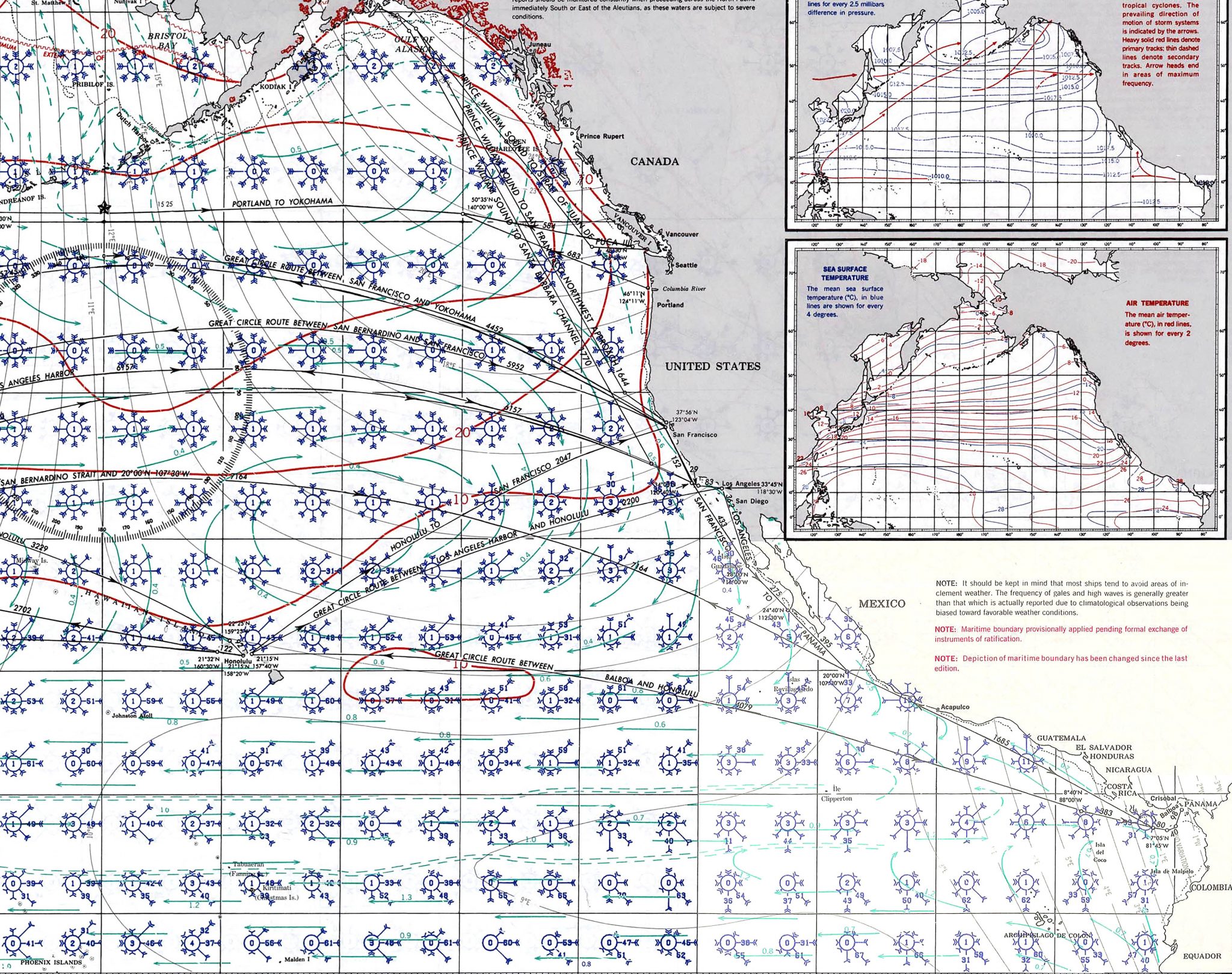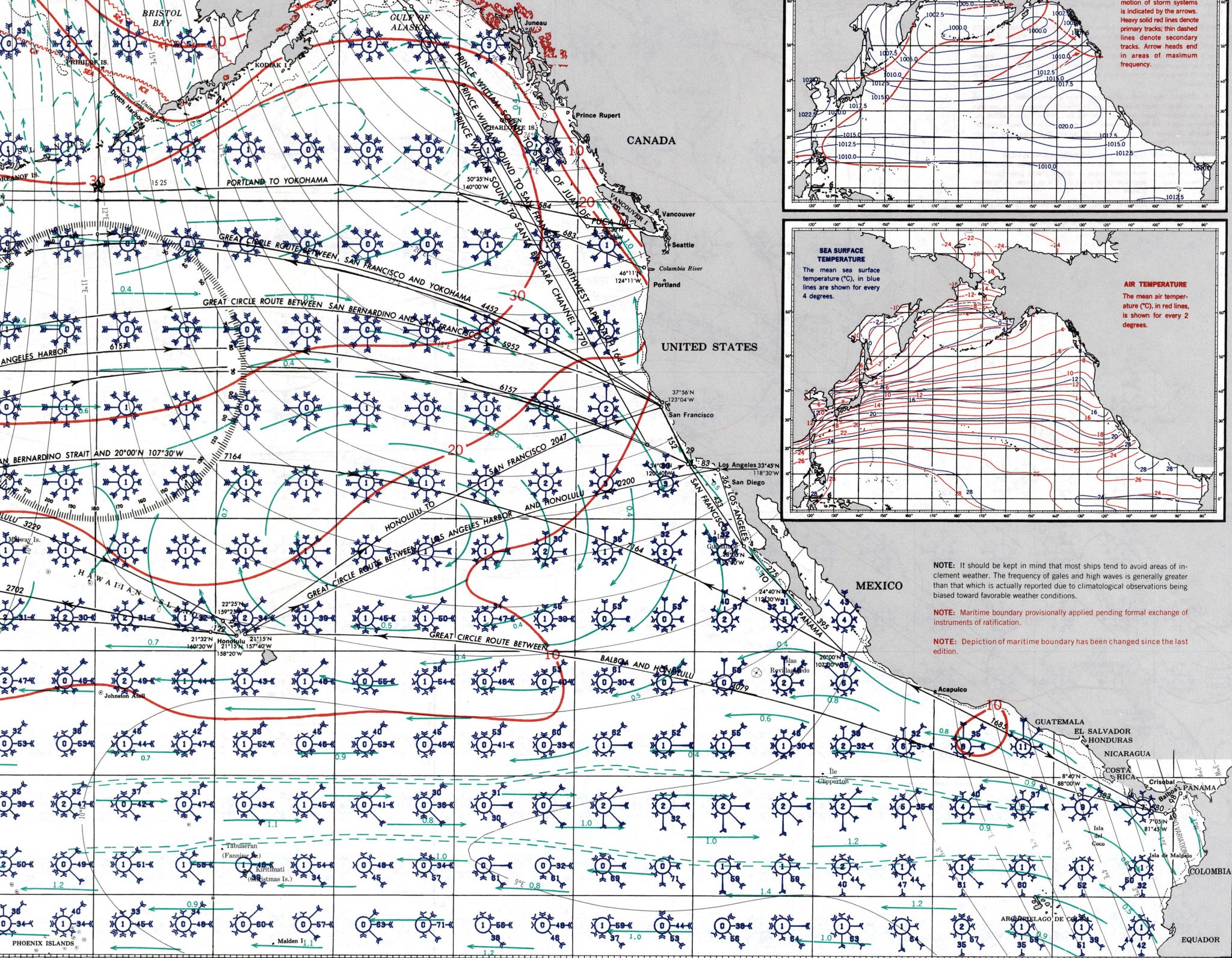FLEET UPDATE 2023-08-20
|
|
|
|
🇺🇸 HAWAI'I 🏝 8 129+
CHARTS
- 530 North America West Coast San Diego to Aleutian Islands and Hawai‘ian Islands
- 540 Hawai‘ian Islands
- 19004 Hawai‘ian Islands
- 19007 Hawai‘i to French Frigate Shoals
- 19010 Hawai‘ian Islands southern part
- 19013 Hawai‘ian Islands northern part
- 19320 Island Of Hawai‘i
- 19322 Harbors and Landings on the Northeast and Southeast Coasts of Hawai‘i; Punalu‘u Harbor, Honu‘apo Bay, Honokaa Landing, Kukuihaele Landing
- 19324 Island Of Hawai‘i Hilo Bay
- 19326 Pa‘auhau Landing Island Of Hawai‘i
- 19327 West Coast of Hawai‘i Cook Point to Upolu Point, Keauhou Bay, Honokohau Harbor
- 19329 Mähukona Harbor and approaches Island Of Hawai‘i
- 19330 Kawaihae Bay-Island of Hawaii
- 19331 Kailua Bay Island Of Hawai‘i
- 19332 Kealakekua Bay to Hönaunau Bay
- 19340 Hawai‘i to O‘ahu
- 19341 Häna Bay Island of Maui
- 19342 Kahului Harbor and approaches Kahului Harbor
- 19347 Channels between Molokai, Maui, Läna‘i and Kaho‘olawe;Manele Bay
- 19348 Approaches to Lahaina, Island of Maui
- 19350 Island of Maui Ma‘alaea Bay
- 19351 Channels between O‘ahu, Moloka‘i and Läna‘i, Kaumalapa‘u Harbor
- 19353 Harbors of Moloka‘i Kaunakakai Harbor, Pükoo Harbor; Kamalö Harbor, Kolo Harbor, Lono Harbor
- 19357 Island of O‘ahu, Barbers Point Harbor
- 19358 Southeast Coast of O‘ahu Waimänalo Bay to Diamond Head
- 19359 O‘ahu East Coast Käne‘ohe Bay
- 19361 Port Wa‘ianae Island of O‘ahu
- 19362 South Coast of O‘ahu Kalaeloa
- 19366 Pearl Harbor O‘ahu South Coast
- 19367 Island of O‘ahu Honolulu Harbor
- 19369 O‘ahu South Coast Approaches to Pearl Harbor
- 19380 O‘ahu to Ni‘ihau
- 19381 Island of Kaua‘i
- 19382 Port Allen Island of Kaua‘i
- 19383 Kaua‘i Nawiliwili Bay
- 19384 Hanamaulu Bay Island of Kaua‘i
- 19385 North Coast of Kaua‘i Hä‘ena Point to Kepuhi Point
- 19386 Kaua‘i Approaches to Waimea Bay
- 19016 Ni‘ihau to French Frigate Shoals, Necker Island, Nihoa
- 19019 French Frigate Shoals to Laysan Island
- 19022 Laysan Island to Kure Atoll
- 19401 French Frigate Shoals
- 19421 Gardner Pinnacles and approaches;Gardner Pinnacles
- 19441 Maro Reef
- 19480 Gambia Shoal to Kure Atoll including approaches to the Midway Islands
- 83633 United States Possession Approaches to Johnston Atoll
- 83637 Johnston Atoll;Johnston Island Harbor

